Saturday Commentary and Review #104
UK Training Ukrainian Partisans, Biodigital Surveillance is Here, China's Social Credit System Explained, Germany Further Reduced to US Satrapy, Stanford's Sugar Babies
As we wait for the war in Ukraine to enter its next phase, much is happening behind the scenes that we are not privy to. We do not know the plans of the Russian Stavka, nor do we know how the UAF is planning to defend itself from a coming Russian offensive. It’s quite possible that the Ukrainians might launch another offensive as well. For all we know, secret diplomatic back channels are working overtime. The Fog of War has set in and all we can do is wait and see.
What we do know is that the West is not fully aligned on how to continue supporting its war against Russia in Ukraine. Even US decision makers are not on the same page, with some seeking to stay the course, others calling for a diplomatic settlement, and still others wanting to raise the temperature in order to further bleed the Russians, seeing this as their best opportunity to do the most damage possible to Moscow.
We also know that the Brits have taken the side of those wanting greater confrontation with Russia, which is why Boris Johnson twice parachuted into Kiev to scuttle any chances of peace immediately after Macron and others begged Zelensky to seek negotiations. We also know that UK forces (including the SAS) have been on the ground in Ukraine for almost a decade now, training the UAF. The Brits are the attack poodle of US Empire, and thanks to Kit Klarenberg’s reporting, it looks like some Brits are putting together a Partisan force to strike at Crimea.
The spectre of Ukrainian Partisans working behind enemy lines to terrorize invading Russian forces has been part of the western narrative since the beginning of this war. It has received more signal boosts recently (see here, here, and here), suggesting either an actual behind-the-front-lines-campaign in the making, or psychological warfare, or both (most likely).
Klarenberg reports that a group of UK spies is leading the training of some of these Partisans-to-be not through Kiev but through local officials in Odessa. The gang at the Grayzone are not fond of my politics, and everything that they report should be viewed critically, but I think that this report is worth sharing even if the language is quite partisan itself ;)
The Grayzone has obtained leaked documents detailing British military-intelligence operatives inking an agreement with the Security Service of Ukraine’s Odessa branch, to create and train a secret Ukrainian partisan terror army.
Their plans called for the secret army to conduct sabotage and reconnaissance operations targeting Crimea on behalf of the Ukrainian Security Service (SSU) – precisely the kind of attacks witnessed in past weeks.
As The Grazyone previously reported, the same coterie of military-intelligence operatives was responsible for drawing up plans to blow up Crimea’s Kerch Bridge. That goal was fulfilled on October 8th in the form of a suicide truck bomb attack, temporarily disabling the sole connecting point between mainland Russia and Crimea, and triggering a major escalation in Moscow’s attacks on Ukrainian infrastructure.
These blueprints were produced by a military veteran named Hugh Ward, at the request of Chris Donnelly, a British military-intelligence operative best known for hatching the covert, Foreign Office-funded Integrity Initiative information warfare program.
The plans were circulated throughout Donnelly’s private transnational network of military officials, lawmakers and intelligence officials. Such high-level connections underline that he is far from a passive observer in this conflict. He has used his position and contacts to secure the resources necessary to train up the secret saboteur battalion in order to attack Russian targets in Crimea. This wrecking strategy is certain to escalate the war, and undercut any momentum toward negotiation.
Branded “support for maritime raiding operations,” the planned assault on Crimea aims to “degrade” Russia’s ability to blockade Kiev, “erode” Moscow’s “warfighting capability”, and isolate Russian land and maritime forces in Crimea by “denying resupply by sea and overland via Kerch.”
This next part is important:
In a September 21st letter to his inner circle, Donnelly fretted that the Biden administration was not wholly committed to total war with Russia. Citing public statements by officials in Washington hoping for a negotiated settlement between Ukraine and Russia, Donnelly declared (see below): “This US position must be challenged, firmly and at once.”
In a separate communique, Donnelly blasted Biden as “so unwise as to beggar belief” for warning the Ukraine conflict could lead to “armageddon.”
While The Grayzone cannot verify that the Ukrainian attacks on Crimea are the direct handiwork of Donnelly’s team, recent events closely mirror the strategies and tactics outlined in the documents this outlet has obtained.
The bolded portion highlights how not everyone on Team Ukraine is aligned in their approach to this conflict, with some (like Donnelly) seeking to raise the temperature, issuing a fait accompli to people like President Biden and the people around him. Could they be described as rogue?
According to the documents reviewed by The Grayzone, a private UK military company named Prevail Partners has been contracted to recruit and train the secret Ukrainian partisan fighters. Prevail was founded by special forces veterans, including former Royal Marine Brigadier and Special Boat Service commander Justin Hedges.
The company is headquartered not far from RM Hamworthy, an elite British military training centre, replete with grounds resembling city streets and an “improvised explosive device lane” to trial combat scenarios.
The program’s genesis was the product of covert lobbying conducted over the course of several months by Donnelly, an MI6 veteran named Guy Spindler, and Audrius Butkevičius, a former Lithuanian Defense Minister with longstanding ties to the Ukrainian security, military and intelligence apparatus.
Several obstacles appeared as the Prevail team launched its effort to form the secret army. First, Ukrainian officials expressed reluctance to rustle up the sizable sums demanded by Donnelly’s team, especially while Western states were pumping billions into the war effort. British officials were also skittish about farming out training services to private contractors, perhaps out of fear they would be caught in the act or even prosecuted for engaging in such provocative activity.
We spectators are waiting for the next phase of this war. In the meantime, read the rest of Klarenberg’s report here.
In Total Information America, I wrote about how privacy is dead, and how all of our electronic communications are monitored by government whether we like it or not. I called this the Total Surveillance State.
Monitoring our electronic communications almost entirely destroys our privacy because so much of our daily lives requires interaction with these types of devices. We cannot navigate through our lives without using them, and the exceptions to this rule are becoming fewer and fewer as our world becomes increasingly digitized. A de facto social credit system is already growing like kudzu, one that is becoming harder and harder to opt out of.
Making matters even worse is the rise of ‘biodigital surveillance’. It relies on biometric data (e.g. iris, fingerprint, DNA) that cannot be changed by humans. Aaron Kheriaty explains:
Recently, as I was about to go through airport security, a saleswoman intercepted me asking if I wished to skip the security line. Intrigued, I invited her to tell me more. She shuttled me over to the CLEAR electronic kiosk and explained how the product worked. For only $180 a year, I could skip long lines at airports, sporting events, and other large gatherings. The company’s Web site explains: “Instead of using traditional ID documents, CLEAR uses your eyes and face to confirm it’s really you.” The CLEAR system uses not just an iris scan and facial recognition, but other biometrics like fingerprints, tied to demographic data you voluntarily hand over, and a link to your credit score (read the fine print on the consent checkbox). CLEAR also has a Health Pass that stores proof of vaccination, negative Covid tests, and health surveys.
Make your life easier by giving up your most private details.
Now check this out:
Plans for digital IDs have been in the works for several years, but they gained traction during the pandemic. ID2020 is a nonprofit alliance founded in 2016 with seed money from Microsoft, Accenture, PricewaterhouseCoopers, the Rockefeller Foundation, Cisco, and Gavi (a vaccine alliance founded by the Gates Foundation). The stated mission of ID2020 is to provide digital identities for all people worldwide by 2030. Digital IDs will be tied to fingerprints and other biometric data like iris scans, demographic information, medical records, data on education, travel, financial transactions, and bank accounts.
Almost two years before Covid, ID2020 published an article titled “Immunization: An Entry Point of Digital Identity.” It argued that “immunization poses a huge opportunity to scale digital identity.” The article noted cumbersome inefficiencies with paper immunization records and delineated how health challenges in developing nations could be leveraged as the pretext for implementing digital IDs. The year before, Seth Berkeley, CEO of Gavi, published a piece in Nature making the same argument: To achieve 100 percent vaccination rates in underdeveloped nations, we need digital IDs. Gavi has promoted the same message at gatherings of the World Economic Forum in Davos.
These info-terrorists see immunization as the choke point that they can use to grab this data from everyone.
Instrumentalizing the body:
Using biometrics for everyday transactions routinizes these technologies. We are conditioning children to accept biometric verification as a matter of course. Face IDs are now used in multiple school districts to expedite the movement of students through school lunch lines. Until recently, biometrics such as fingerprints were used only for high-security purposes—when charging someone with a crime, for example, or when notarizing an important document. Today, routine biometric verification for repetitive activities from mobile phones to lunch lines gets young people used to the idea that their bodies are tools used in transactions. We are instrumentalizing the body in subtle but powerful ways.
Carrot and Stick:
Those with economic interests in creating markets for their products—whether vaccines, digital surveillance products, or harvested data—will continue to deploy the carrots and sticks of access to medical care and other services to promote digital IDs in underdeveloped nations. In developed nations, they will initially use a velvet glove approach of nudges, selling digital IDs as convenience and time-saving measures that will be hard for many to turn down, like skipping long Transportation Security Administration security lines at airports. The privacy risks, including the possibility for constant surveillance and data harvesting, will fade into the background when you are about to miss your flight if you can’t skip to the front of the line.
The greatest danger:
But as Nick Corbishley, author of a recent book on digital IDs, points out, decisions made in the moment may carry long-term negative consequences: “If biometric data is hacked, there is no way of undoing the damage. You cannot change or cancel your iris, fingerprint, or DNA like you can change a password or cancel your credit card.” Unless we collectively decline to participate in this new social experiment, digital IDs—tied to private demographic, financial, location, movement, and biometric data—will become mechanisms for bulk data harvesting and tracking of populations around the globe.
Constant electronic surveillance, cashless society, government censorship and manipulation of media, both legacy and social, and biodigital surveillance. This is what we are faced with.
Two days ago, Leila Mechoui asked me this question:
I couldn’t answer her because I simply did not know. It’s no shame to admit ignorance. I wish more people would do so.
Leila’s post piqued my curiosity about the Chinese system, something that I have simply not gotten around to looking in to. I have no doubt that what we are told about it isn’t 100% true, and naturally I won’t give official Chinese sources the benefit of the doubt either.
I did find this explainer, though. I have never come across this website before, but the article is quite thorough and felt that it would be good to share with you. Maybe some of you are better-versed on the subject and can give us some insight as well?
The author describes the system thusly:
The China social credit system is a broad regulatory framework intended to report on the ‘trustworthiness’ of individuals, corporations, and governmental entities across China.
Okay.
By 2020, 80% of provinces, regions, and cities have at least some version of the system implemented. The system itself is not completed, and is being continuously developed.
What exactly is the system?
The term ‘social credit’ (社会信用体 in Chinese and shèhuì xìnyòng tǐxì in pinyin) doesn’t have a precise meaning — rather, it is an intentionally broad and vague term allowing for maximal policy flexibility.
Plugged into a regulatory framework, the ‘China social credit system’ (also knows as ‘China’s Ranking System’) refers to a diverse network of initiatives aimed at enhancing the amount of ‘trust’ within Chinese society.
The goal of the social credit system is to make it easier for people and businesses to make fully-informed business decisions. A high social credit score will be an indicator that a party can be trusted in a business context.
The system began with a focus on financial creditworthiness, similar to credit scores used in western countries, and moved on to include compliance and legal violations.
The eventual ‘end-state’ of the system is a unified record for people, businesses, and the government, which can be monitored in real-time.
In more recent years, policy development for the social credit system has moved beyond considerations of financial creditworthiness and compliance to encompass a broader notion of ‘trust’.
A common theme in the policy documents establishing the social credit system is the term ‘Chengxin‘, variously translated as ‘trustworthiness’, ‘honesty’, ‘integrity’, ‘sincerity’ or ‘morality’, depending on the context.
The system supports the following goals:
Financial creditworthiness
Judicial enforcement
Commercial trustworthiness
Societal trustworthiness
Government integrity
There are 3 mechanisms to achieve the above:
Data gathering and sharing
Curation of blacklists and redlists
Punishments, sanctions, and rewards
(I suggest that you click on the main link to this explainer to see each of the above items explained)
The claim is that there is a history of scoring in China, providing the basis for this modern system:
How does it work?
The China social credit system rates individuals based on the aggregation and analysis of data. In some trials, this has involved a single numerical score (usually between 1 and 1000, like a FICO score), or a letter grade (usually from A-D).
This information is acquired from a range of sources including individual businesses (including ‘big tech’) and government entities. Some of the information is ‘siloed’, and accessible only by the individual regional or central government authority. But in many cases, the information is shared with other regulators through a centralized database, such as NCISP.
For example, some of the factors that can be considered in giving a corporate social credit rating include:
Whether the business has paid taxes on time
Whether the business maintains necessary licenses
Whether the business fulfills environmental-protection requirements
Whether the business meets product quality standards
Whether the business meets requirements specific to their industry.
What I am sure is that most of you are interested in the punishments ;)
Travel bans
School bans
Reduced employment prospects
Increased scrutiny
Public shaming
Do read the rest of this, and compare it to what is happening in the west at present. It should make for an interesting exercise.
Do we need Niccolo to tell us once again how Germany has decided to surrender itself in full to US foreign policy objectives and economic goals?
I will spare you my words, and instead grant Michael Hudson the honour of doing so this time:
Germany has become an economic satellite of America’s New Cold War with Russia, China and the rest of Eurasia. Germany and other NATO countries have been told to impose trade and investment sanctions upon themselves that will outlast today’s proxy war in Ukraine. U.S. President Biden and his State Department spokesmen have explained that Ukraine is just the opening arena in a much broader dynamic that is splitting the world into two opposing sets of economic alliances. This global fracture promises to be a ten- or twenty-year struggle to determine whether the world economy will be a unipolar U.S.-centered dollarized economy, or a multipolar, multi-currency world centered on the Eurasian heartland with mixed public/private economies.
The “Great Bifurcation” is being positioned as a battle between “democracy” and “autocracy”:
President Biden has characterized this split as being between democracies and autocracies. The terminology is typical Orwellian double-speak. By “democracies” he means the U.S. and allied Western financial oligarchies. Their aim is to shift economic planning out of the hands of elected governments to Wall Street and other financial centers under U.S. control. U.S. diplomats use the International Monetary Fund and World Bank to demand privatization of the world’s infrastructure and dependency on U.S. technology, oil and food exports.
By “autocracy,” Biden means countries resisting this financialization and privatization takeover. In practice, U.S. rhetoric means promoting its own economic growth and living standards, keeping finance and banking as public utilities. What basically is a issue is whether economies will be planned by banking centers to create financial wealth – by privatizing basic infrastructure, public utilities and social services such as health care into monopolies – or by raising living standards and prosperity by keeping banking and money creation, public health, education, transportation and communications in public hands.
Germany (and therefore Europe) as suffering the most collateral damage:
The country suffering the most “collateral damage” in this global fracture is Germany. As Europe’s most advanced industrial economy, Germany steel, chemicals, machinery, automotives and other consumer goods are the most highly dependent on imports of Russian gas, oil and metals from aluminum to titanium and palladium. Yet despite two Nord Stream pipelines built to provide Germany with low-priced energy, Germany has been told to cut itself off from Russian gas and de-industrialize. This means the end of its economic preeminence. The key to GDP growth in Germany, as in other countries, is energy consumption per worker.
These anti-Russian sanctions make today’s New Cold War inherently anti-German. U.S. Secretary of State Anthony Blinken has said that Germany should replace low-priced Russian pipeline gas with high-priced U.S. LNG gas. To import this gas, Germany will have to spend over $5 billion quickly to build port capacity to handle LNG tankers. The effect will be to make German industry uncompetitive. Bankruptcies will spread, employment will decline, and Germany’s pro-NATO leaders will impose a chronic depression and falling living standards.
Germany doing this to itself VOLUNTARILY:
Most political theory assumes that nations will act in their own self-interest. Otherwise they are satellite countries, not in control of their own fate. Germany is subordinating its industry and living standards to the dictates of U.S. diplomacy and the self-interest of America’s oil and gas sector. It is doing this voluntarily – not because of military force but out of an ideological belief that the world economy should be run by U.S. Cold War planners.
This implies that the Germans are betting on TURBO AMERICA.
Europe and Russia are natural economic partners, something that threatens US security interests:
How do we explain why the seemingly logical potential of mutual gain between Western Europe and the former Soviet economies turned into a sponsorship of oligarchic kleptocracies. The Nord Stream pipeline’s destruction capsulizes the dynamics in a nutshell. For almost a decade a constant U.S. demand has been for Germany to reject its reliance on Russian energy. These demands were opposed by Gerhardt Schroeder, Angela Merkel and German business leaders. They pointed to the obvious economic logic of mutual trade of German manufactures for Russian raw materials.
The U.S. problem was how to stop Germany from approving the Nord Stream 2 pipeline. Victoria Nuland, President Biden and other U.S. diplomats demonstrated that the way to do that was to incite a hatred of Russia. The New Cold War was framed as a new Crusade. That was how George W. Bush had described America’s attack on Iraq to seize its oil wells. The U.S.-sponsored 2014 coup created a puppet Ukrainian regime that has spent eight years bombing of the Russian-speaking Eastern provinces. NATO thus incited a Russian military response. The incitement was successful, and the desired Russian response was duly labeled an unprovoked atrocity. Its protection of civilians was depicted in the NATO-sponsored media as being so offensive as to deserve the trade and investment sanctions that have been imposed since February. That is what a Crusade means.
The result is that the world is splitting in two camps: the U.S.-centered NATO, and the emerging Eurasian coalition. One byproduct of this dynamic has been to leave Germany unable to pursue the economic policy of mutually advantageous trade and investment relations with Russia (and perhaps also China). German Chancellor Olaf Sholz is going to China this week to demand that it dismantle is public sector and stops subsidizing its economy, or else Germany and Europe will impose sanctions on trade with China. There is no way that China could meet this ridiculous demand, any more than the United States or any other industrial economy would stop subsidizing their own computer-chip and other key sectors.1 The German Council on Foreign Relations is a neoliberal “libertarian” arm of NATO demanding German de-industrialization and dependency on the United States for its trade, not China, Russia or their allies. This promises to be the final nail in Germany’s economic coffin.
It was obvious from the beginning of this war that this would happen. The USA wins again.
We end this weekend’s Substack with a look at how young women attending one of the world’s elite universities are using sex (or at least sexuality) to make money on the side.
Though neither Cassie nor Lainey set out to be sugar babies (their word for what they did), they had the foresight to set strict boundaries. Their sugar-babying consisted of sexting, sexual voice recordings, and some suggestive but clothed Snapchats. They say there were no nudes, no phone calls, no meetups. They didn’t publicize where they attended school, but people found out anyway and sent the above-mentioned gifts.
When I asked them why they set these boundaries, Lainey replied, “It’s not worth it to me to send someone nudes for a small amount of money when we literally go to Stanford and are going to be making money off our intelligence. I would rather not send anything that could jeopardize my entire life in order to get like $20 or whatever it is.”
Her reasoning has a certain internal consistency. It also indicated the curious situation of my two classmates. They did not actually need the money they were making from sugar-babying. Their parents paid their tuition and healthcare. Cassie paid for her own phone bill, and both Cassie and Lainey, like most twenty-one-year-olds, funded their own social lives. But prior to her social media fame Cassie afforded these expenses by tutoring a few hours a week. As school and social life demanded more of her time, she cut down her tutoring hours, and as her sugar-babying brought in more money she cut tutoring down more.
Lainey put it simply: “Less work, more money. Passive income stream.”
For them, sugar-babying is a bit of entertainment and easy money that for now has virtually no consequences. Neither of the girls would like their families or employers to find out, but any social stigma that once existed around this kind of thing is long gone. Their friends just laugh about it, and often participate. The sexting, Cassie said, “could escalate to being really sexual and that’s when I’d pass it off to a friend. [My friend] thought it was so funny so I’d just give him the phone for him to talk to [the sugar daddy] for a bit and hundreds of dollars would flow in. He can say whatever weird stuff he wants because it’s not about him.”
Thank you once again for checking out my Substack. Hit the like button and use the share button to share this across social media. Leave a comment below if the mood strikes you. And don’t forget to subscribe if you haven’t done so already.





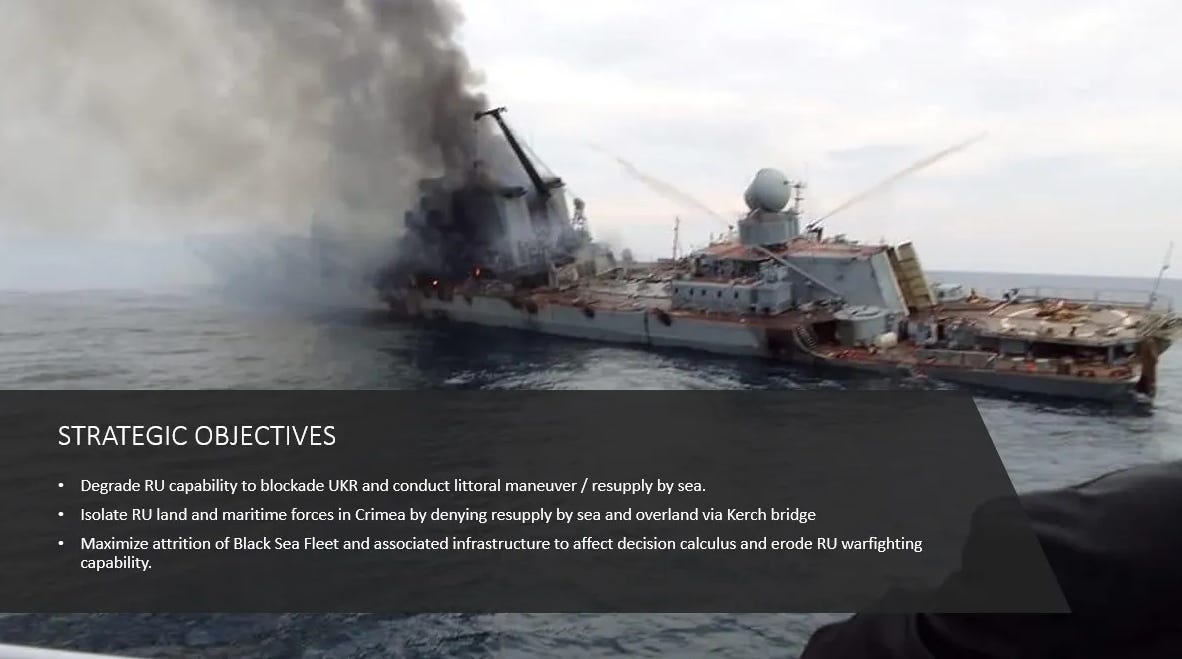
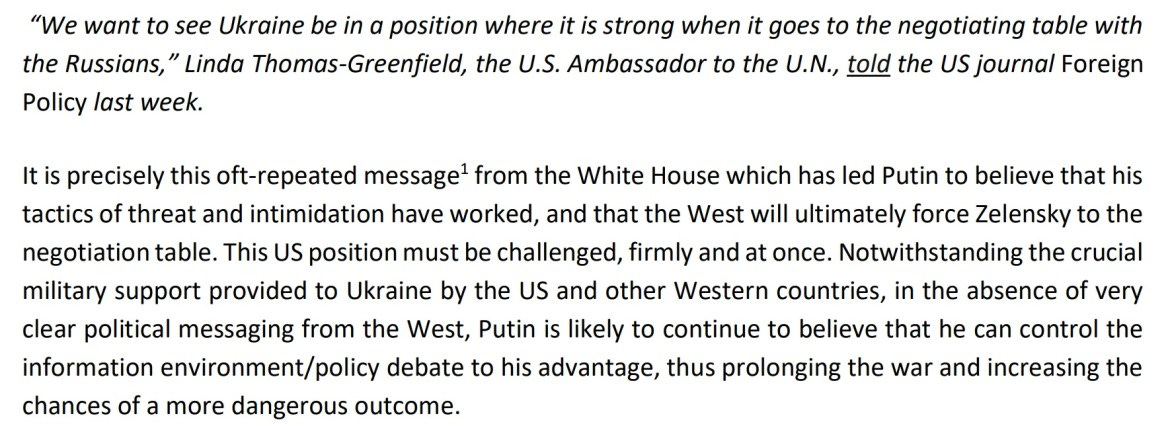

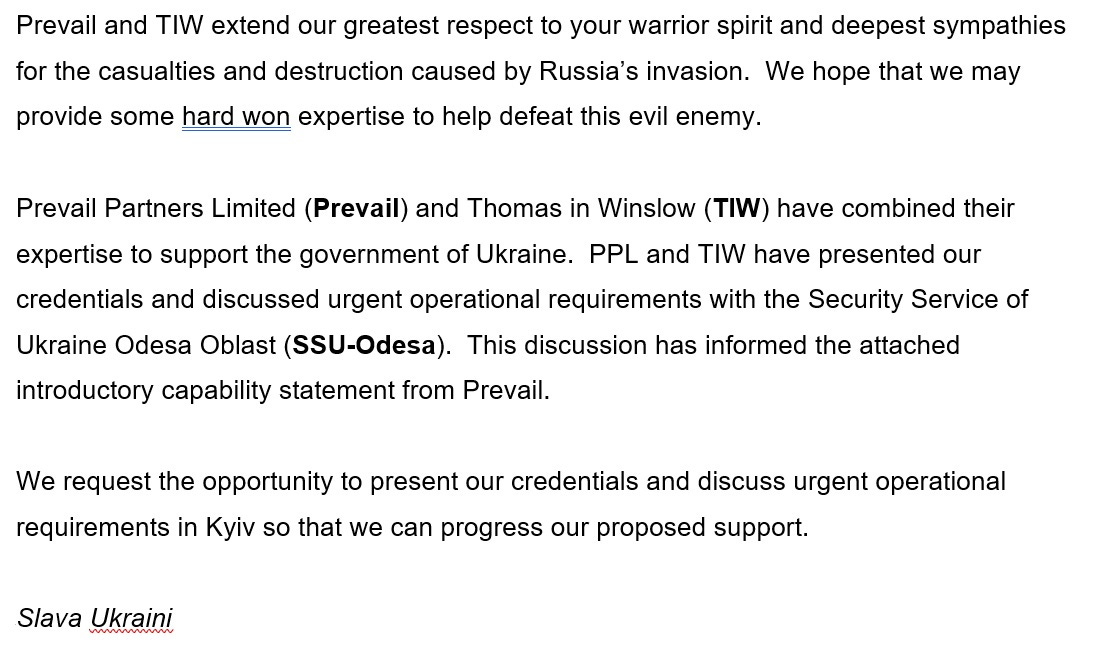



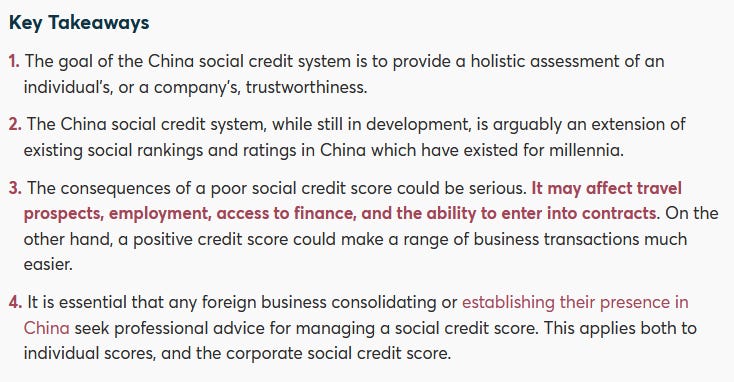
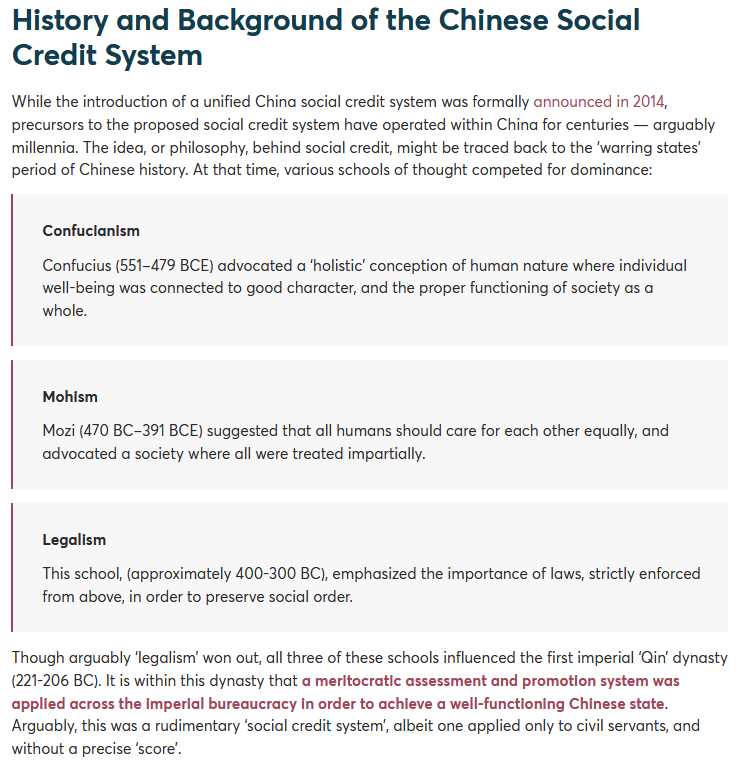


Back in April, at the suggestion of some random guy I met at a happy hour, I tried signing up for seeking.com (the most popular sugar daddy site). My goal was essentially information gathering.
EDIT: To be clear, I was not signing up to this site to find dates. I signed up for this site to message random women on the site and ask them about their experiences on the site, out of morbid curiousity. During my time on the site, I went on dates with two women. Both of whom I was upfront about not being a sugar daddy, and neither of whom I gave any money. Both of them didn't go anywhere
On the site, I messaged a bunch of women and just asked them about their experiences. What I found was so shocking that it prompted me to start attending a church.
In short:
* A shockingly large percentage of zoomer women (possibly as high as 5% in my city) have tried this at least once. To put concrete numbers on it, there's about ~1200 profiles, active in the last year, under the age of 30, in my city. My city has about ~30,000 women in that age bracket.
* The women are sociopathic about it and are motivated by making assloads of money. "Pay my rent for me" is widely considered to be the _minimum_ that you pay a girl.
* There is no expectation of exclusivity and a large majority of the women are open about "non-monogamy" or "no strings attached". This means that she is likely getting her rent paid by several different men at the same time. We're talking like at least 5 grand a month for any women taking the site seriously
* A lot of them seem to think they can get that money for purely platonic relationships. I can't tell if they're serious, or if this is just part of the doublethink that they do so they don't have to think of themselves as prostitutes. However, I point blank asked two women about this and they both aggressively insisted that there's lots of men on the site who are totally fine with paying for a purely platonic relationship
* A lot of them don't care about prostituting themselves, and see it as no-big-deal easy money. Most of them seem legitimately unaware that this behaviour will sabotage their long term serious relationship prospects, and the ones with more self-awareness about it just plan to lie to any future partners.
* Maybe 30-50% of the local escorts listed on tryst, slixa, etc., are also on seeking and using it to drum up prostitution business.
* There is no stigma whatsoever to doing this, to the point that women will actively encourage their friends to try it. They seem to treat it about the same way that girls treated getting a nose piercing, when I was in highschool, like it's a milestone that literally everyone tries at some point in their lives.
* The women all absolutely hate their sugar daddies. They don't respect them, and they mock them behind their backs for "being so pathetic they have to pay for sex". They see nothing morally wrong with blatantly lying to these men. They see nothing morally wrong with pretending they're exclusive. They see nothing wrong with overtly abusing or taking advantage of the men they're seeing. They see nothing wrong with trying to withhold sex and renege on their deals after they get the money. Their attitude is almost like "well if this dude is stupid enough to believe my lies, he deserves lies"
* A bunch of women on these sites appear to be doing it not for the money, and not for the relationships, but purely as social clout for bragging, eg "I'm so hot, there's 50 guys who will pay a thousand bucks just to spend the night with me, right now".
* Ironically, a large majority of the women on these sites seem to put zero effort into it. They'll post one or two shitty pictures they took in their bathrooms, write a one-sentence profile of boilerplate, and act like this entitles them to a six figure income. Basically the same thing you see on Tinder, except Tinder doesn't come with an expectation that you'll give her several hundred dollars cash in an envelope when you show up for the date
* The women on this site for the most part seem to have absolutely no idea what their own SMVs are. There's just about zero correlation between physical attractiveness and the amount of money they expect. You've got pudgy mid 5/10s acting like insufferable hot girls, and mind-blowingly beautiful 10/10s who, at least from their profiles, seem like nice, sweet women.
* A very large number of the women on that site are also active on other dating sites, and they don't draw a meaningful distinction between 'sugar dating' and 'regular dating'. In practice, this means that a lot of these women are approaching tinder/etc with the same attitude. The next time you get ghosted on Tinder, remember that she probably ghosted you for a guy who will pay $500 ppm (pay-per-meet)
The overwhelming impression I got from this experiment is that the current generation of 20-something women have, across the board, fully internalized both a) that their only value to society is as a sex object/prostitute; and b) that this is the only value they'll ever need. These people have been turned into toxic sociopaths incapable of having health, loving, mutually supportive relationships. They have dramatically inflated ideas of their own sexual market value, and absurdly unrealistic standards.
I don't know what massive social failure has caused this state of affairs, but it is an extremely big problem
Hit the like button above to like this entry and use the share button to share this across social media.
Leave a comment if the mood strikes you to do so (be nice!), and please subscribe if you haven't done so already.